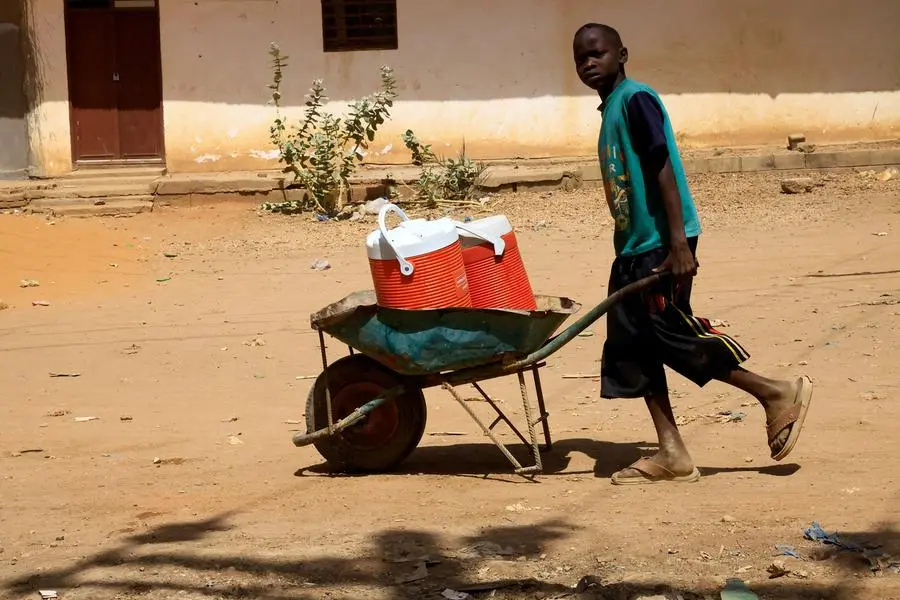PHOTO
The risk of a prolonged conflict in Sudan is credit negative for its neighbouring countries and multilateral development banks (MDBs) with loan exposures to the north African country, Moody's Investors Service said in a note on Monday.
"If the conflict descends into a prolonged civil war, destruction of social and physical infrastructure would have lasting economic consequences, weighing on MDB asset quality in Sudan, along with overall non-performing loans (NPLs) and liquidity."
Violence has spread across the capital Khartoum and in several other major cities and states since fighting broke out over the weekend of 15-16 April. "Any spillover to neighbouring countries would trigger broader asset-quality concerns for MDBs with a higher concentration of loans in Chad, South Sudan, Ethiopia and Egypt, for example," said Moody's.
Of the banks, Trade and Development Bank (TDB) had loans worth $931 million in Sudan as of the end of December 2022. The vast majority (95%) of this exposure is in the form of trade finance facilities previously used to fund food and fuel imports.
Islamic Corporation for the Development of the Private Sector had an exposure to Sudan equal to 1.3% of total assets as of Q1 2023, though it had already fully provisioned and significantly marked down its credit and equity exposures, respectively.
Afreximbank had 2.4% of development-rated assets in Sudan as of the end of 2021, though this exposure is mitigated via a tailored cotton receivables-backed structure.
Islamic Development Bank, African Development Bank and International Development Association have exposures to Sudan of less than 1% of development-rated assets and their preferred creditor status means that, even if the exposure becomes nonperforming, the loans will not be written off and are likely to be eventually repaid.
(Writing by Brinda Darasha; editing by Seban Scaria)





















